In this weekly series, I quote some impressive Diff posts which were recently published.
How easy!
Everyone was once a beginner. In a post titled “University of New Mexico students participate in the #WikiForHumanRights Campaign for the second time,” Pambelle12 introduced the voice of Wikimedia beginners. The words would touch many Wikimedians’ hearts.
“I thought to edit Wikipedia you would have to have a degree so was surprised how easy it was to edit. I felt like it was fun to contribute to the site.” says Kelsey, a participant of the training.
Sophia added that, “It is astonishing to me how easy it is to upload images and to edit things on Wikipedia.”
Pambelle12 (5 September 2023) “University of New Mexico students participate in the #WikiForHumanRights Campaign for the second time” Diff.
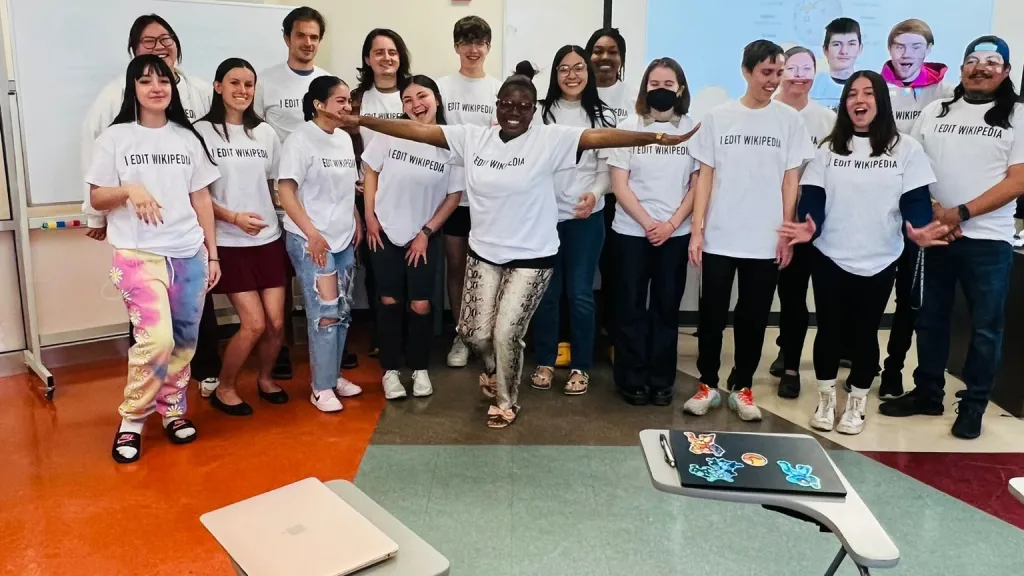
Preservation of oral culture
Amrit Sufi showed concern about the vanishment of oral culture in a post titled “Indic Oral Culture meetups launch: Discussion on current status, hopes and challenges for underrepresented languages,” but also showed the possibilities of Wikimedia projects.
Folk songs, folk tales and other aspects of oral culture and tradition are democratic and community based knowledge that are vanishing fast. This is especially relevant in the case of underrepresented languages where oral culture is being engulfed by politics, socio-economic changes, changes in lifestyle etc. This group of individuals is a bid to document and preserve these by creating a media library for the current and future speakers of the language.
There is a parallel between Wikimedia, a place where every individual can contribute to the sum total of all human knowledge, and oral folk culture which is created and carried forward across generations by the language community.
Amrit Sufi (5 September 2023) “Indic Oral Culture meetups launch: Discussion on current status, hopes and challenges for underrepresented languages” Diff.
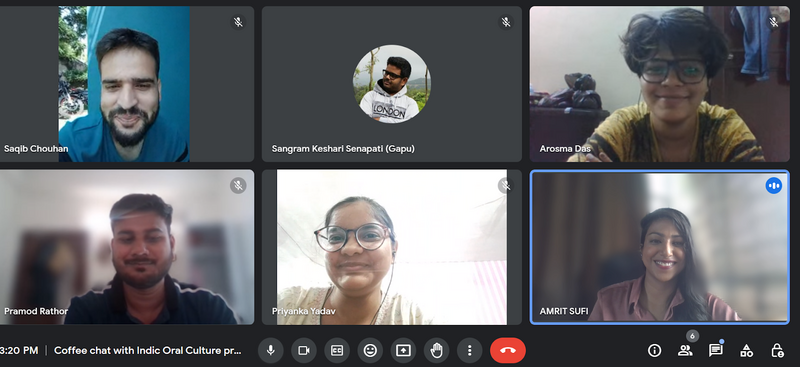
As powerful allies in scientific dissemination
If you read a post titled “A Wikipedia Editathon to Popularize Science in Brazil,” you can understand why Wikimedia projects are important for science.
Amanda Jurno, the Manager of Education and Scientific Dissemination at WMB, emphasized the significance of Wikipedia and other Wikimedia projects as powerful allies in scientific dissemination. “Wikipedia, along with the other Wikimedia projects, acts as a potent ally in scientific dissemination, enabling the free and wide circulation of content produced within universities and scientific institutions,” explains Amanda. She highlighted that when content produced by institutions is placed within a wiki environment, it gains a much greater potential for social transformation due to the expansive reach that these projects possess.
VRezende WMB (4 September 2023) “A Wikipedia Editathon to Popularize Science in Brazil” Diff.
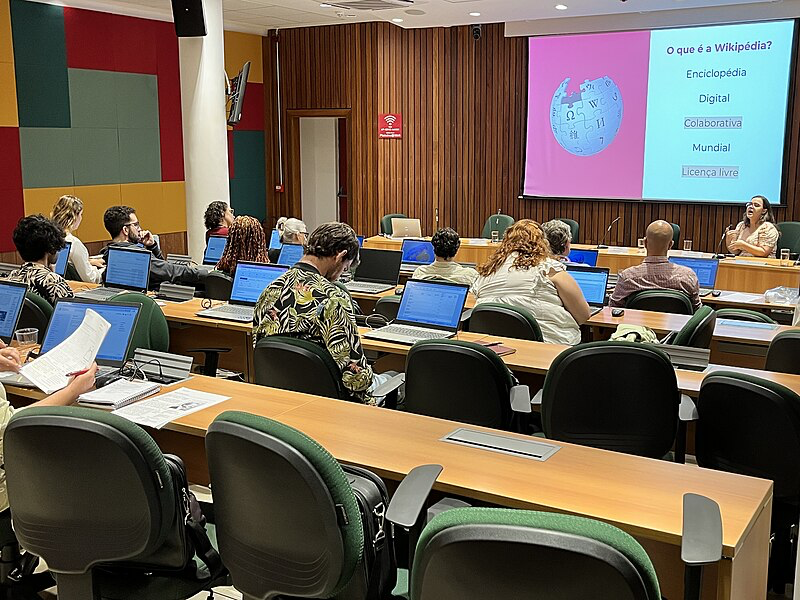
Why is Wikimania fantastic?
Kurmanbek’s post “An event where diversity, collaboration and the future meet: Wikimania 2023” is a great report of Wikimania 2023. From this report, we can learn the detail of the event and why we should continue to hold it.
Wikimania 2023 gave me very positive ideas and gained dozens of new Wikimedian friends. Here I will examine the work of people I meet in their own communities, and seek answers to questions such as what we can improve for our communities or what similar work we can do.
Kurmanbek (6 September 2023) “An event where diversity, collaboration and the future meet: Wikimania 2023” Diff.
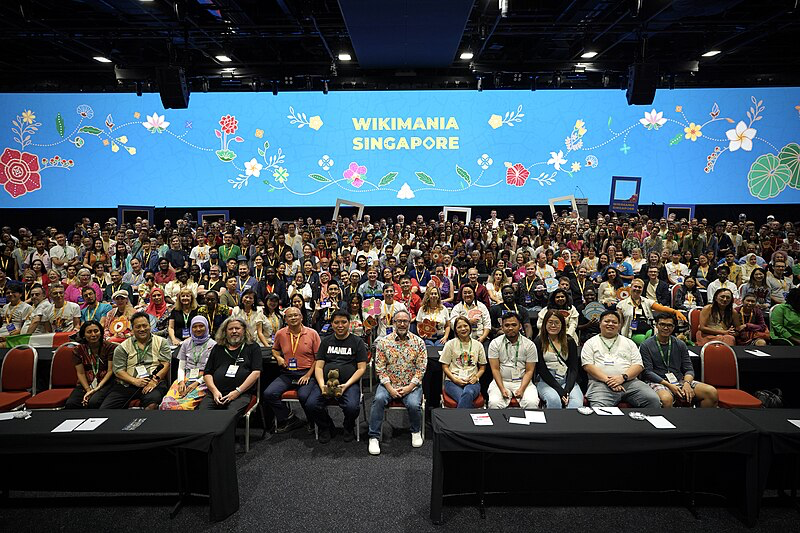
Collaboration between GLAM and Wikimedia projects
Did you know some GLAM (Gallery, Library, Archives, and Museum) upload the pictures they have to Wikimedia projects? You can learn the collaboration between DPLA (Digital Public Library of America) and Wikimedia if you read “Culture Heritage and Structured Data: How DPLA became the biggest institution to contribute to Structured Data on Commons.”
the Culture and Heritage team at the Wikimedia Foundation has been involved with Structured Data-related initiatives in order to engage heritage materials on the Wikimedia projects. Our objective, together with the Structured Data Across Wikimedia (SDAW) team, was to support and increase image usage across the projects, as well as to structure Wikimedia to help it reach communities globally.
One of the main projects we worked on together was the initiative with the Digital Public Library of America (DPLA). This institution became one of the biggest Wikimedia Commons contributors, with 3.7 million images available on the project, by not only being the main institution in the United States directly uploading files to the platform, but also because of its structured data activities. Since 2020, DPLA has worked on adding and modeling structured data and engaging in discussions around the topic, precisely to make its files (the files from the 300 institutions that contribute to the DPLA’s Wikimedia pipeline) more findable and used on Commons, on Wikipedia, and elsewhere. Currently, DPLA presents around 15 million edits to 50-100 million structured data on Commons statements.
Giovanna Fontenelle and Dominic Byrd-McDevitt (7 September 2023) “Culture Heritage and Structured Data: How DPLA became the biggest institution to contribute to Structured Data on Commons” Diff.
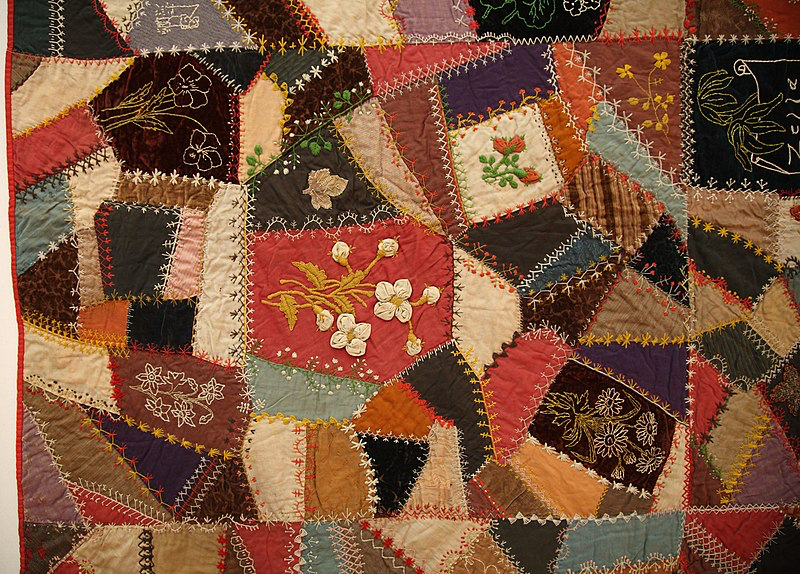
Acknowledgement
First of all, I appreciate my friend Caner (User:Kurmanbek), who created a fantastic logo for Diffquote. I’m really happy to collaborate with such a talented designer and Wikimedian under the Wikimedia Japan-Türkiye Friendship project. Of course, I also appreciate all the contributors, organizers, and readers of Diff. It’s a great pleasure for me to know Wikimedia Movement around the world through Diff.
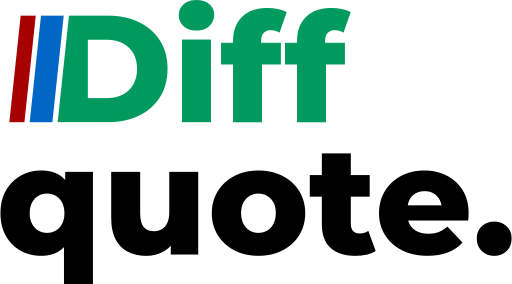

Can you help us translate this article?
In order for this article to reach as many people as possible we would like your help. Can you translate this article to get the message out?
Start translation